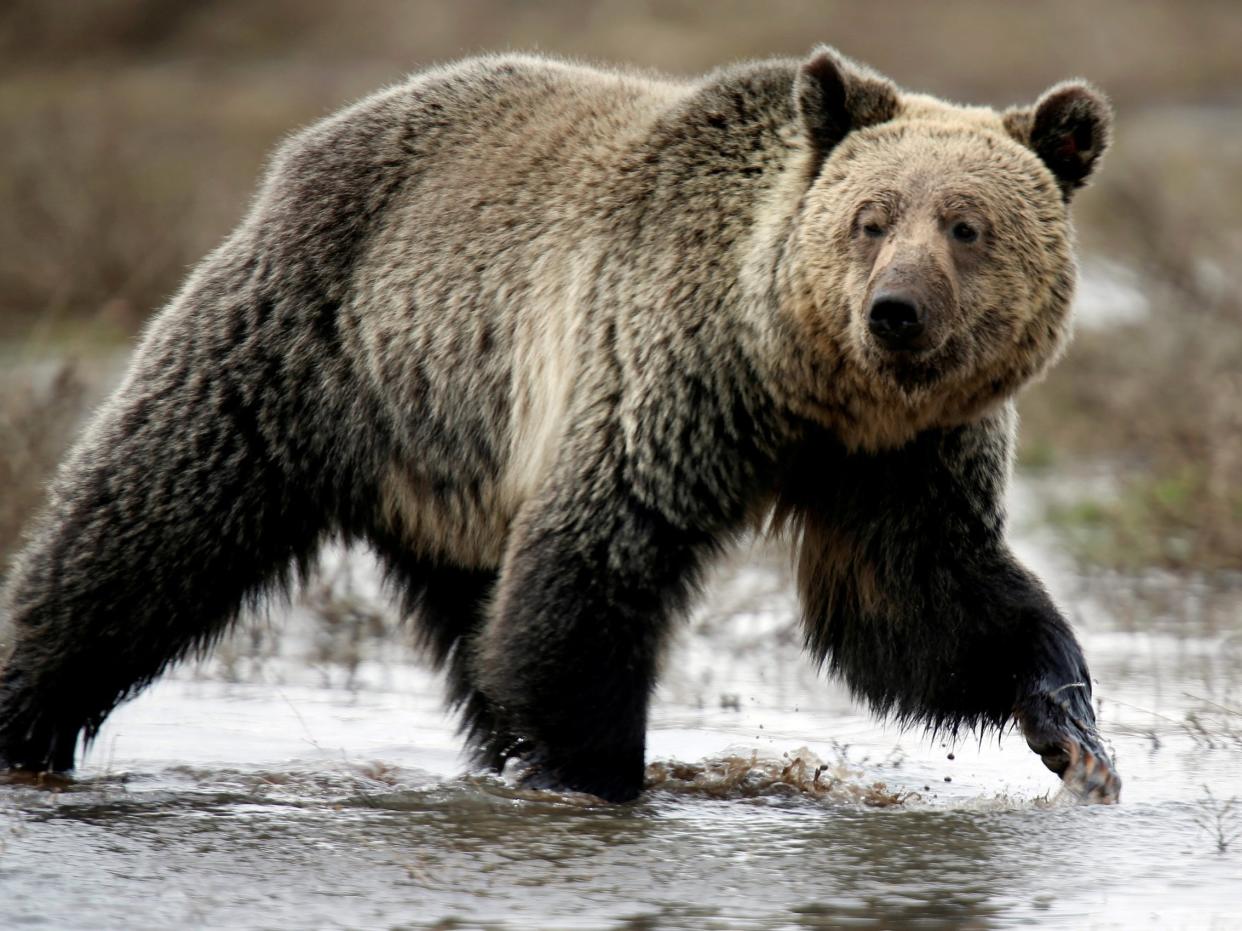Mea Culpa: A famous example of how not to use 'famously'

We published a single-sentence opening paragraph of some educational value this week: “The 96-year-old French painter and author Françoise Gilot – famously known as the former lover and muse to Pablo Picasso, and the mother of two of his children, Claude and Paloma – published a book of sketches last month that she completed during her travels to India, Senegal and Venice between 1974 and 1981.”
The whole thing is a disastrous way to start an article, but there are several specific things wrong with it. Gilot’s age is not the most interesting thing about her, so what is it doing at the start? Then there is “famously”. I didn’t know it, so I am insulted to be told that I should have done. Just cross out the word wherever it occurs. Then there are the names of the children. They are not needed here: they simply clog up an already ungainly sentence.
For an interview with someone as interesting as Gilot, who said of her relationship with Picasso, “Sometimes you need an umbrella when it rains,” this opening paragraph serves the reader badly.
More or less: In an article about drugs testing in sport, we wrote that Serena Williams “was tested five times in the first half of 2018, admittedly more than any other female player, but twice less than Roger Federer”. We sometimes write things such as “eight times smaller”, which are unorthodox, rather than “one eighth the size”, but this is so peculiar that it is almost heroic. We meant “half as often”, or, better, “although Roger Federer was tested twice as often”. Thanks to Alan Pack for pointing it out.
Grey terror: We described the alleged plot to murder Jamal Khashoggi, the Saudi journalist, as “a grizzly mixture of savagery and stupidity”. Thanks to John Schluter for drawing it to our attention. We meant that it was shocking and brutal, for which the word is “grisly”. This is of Germanic origin, meaning “terrifying”. Grizzly, on the other hand, simply means grey or mixed dark and light hairs, from French, gris. The confusion arises because the grizzly bear – the popular name for the North American brown bear – is so scary.
Expert approval: The word “expert” is one that should be marked “handle with care”. We used it a few times this week to describe spokespeople for campaigning organisations. We called someone an “energy expert at MoneySuperMarket” and someone else “Amnesty International UK’s military expert”. I don’t doubt their expertise, but the word does imply that The Independent endorses what they say. “Analyst” is a useful alternative that indicates they know a lot about a subject without carrying the same overtone.
Praise where it is due: And this week it is due to whoever wrote the headline on Ed Power’s superb article about the 40th anniversary of the film of Richard Adams’s classic: “A piercing screen: How Watership Down terrified an entire generation.” I thought that was brilliant.

 Yahoo News
Yahoo News 
